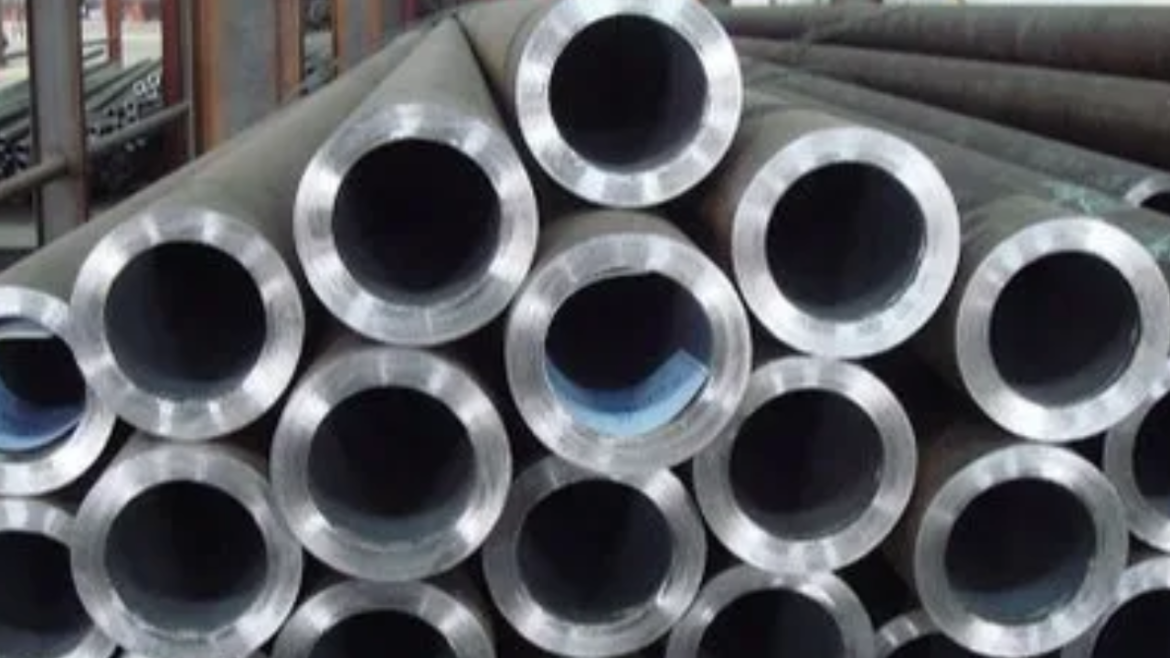API 5L pipes are the foundation of the steel pipe industry, specifying the requirements for their manufacture and application. API 5L is a comprehensive specification that ensures the safe and efficient transportation of fluids in industries such as oil, gas, and water. API 5L exhaustively defines the criteria for seamless and welded steel pipes, taking into account a wide range of grades, diameters, and standards.
API 5L establishes a benchmark for quality, dependability, and performance by defining mechanical qualities and chemical composition. Follow the link to learn about the specifications and durability of API 5L pipes https://uniacero.com/api-5l/. API 5L helps to construct key infrastructure and contributes to the integrity and sustainability of fluid transportation networks around the world.
What Is the Certification Process for API 5L Pipes?
API 5L pipe certification requires producers to participate in the API Monogram Program. This entails filing an application that outlines production techniques, quality control procedures, and other pertinent information. API checks documents, inspects facilities on-site, evaluates quality management systems, and audits testing capabilities. Successful completion culminates in the award of the API Monogram, which indicates compliance with API 5L criteria.
Key Requirements for API 5L Pipes
API 5L, the American Petroleum Institute Specification for Line Pipe, specifies detailed specifications for the production, testing, and transportation of steel pipes used in the oil and gas industries. This in-depth article digs into the key API 5L standards, outlining the vital features that contribute to the quality, dependability, and safety of these critical energy infrastructure components.
Chemical Composition
One of the foundational requirements specified by API 5L involves the chemical composition of the steel used in pipe manufacturing. The standard outlines the maximum and minimum limits for various elements, such as carbon, manganese, phosphorus, sulfur, and other alloying elements. This meticulous control over the chemical composition ensures that the steel exhibits the desired properties for strength, corrosion resistance, and suitability for the intended service conditions.
Mechanical Properties
API 5L classifies steel pipes according to their mechanical qualities. Mechanical qualities important to consider include minimum yield strength, tensile strength, and elongation. Each grade is assigned particular values for these qualities, which provide a clear indicator of the pipe’s ability to handle applied loads and stress. This classification enables users to choose the best grade based on the needs of their applications.
Manufacturing Processes
API 5L specifies two types of pipe production processes: seamless and welded. Seamless pipes are made without welding, resulting in a continuous and uniform structure, whereas welded pipes can be made using procedures such as electric resistance welding (ERW) or submerged arc welding. The standard specifies particular requirements for both types, guaranteeing that they meet quality and dimensional specifications.
Non-Destructive Testing (NDT)
API 5L requires extensive non-destructive testing (NDT) techniques to confirm the pipe’s integrity. Ultrasonic testing, radiography, and magnetic particle inspection are examples of commonly used NDT technologies. These tests are critical for detecting internal and external flaws, ensuring that the pipes fulfill the quality standards and are free of flaws that could jeopardize their structural integrity.
Dimensional Inspection
Pipeline construction requires precise dimensions to ensure appropriate fit and functionality. API 5L specifies precise standards for dimensional inspection, including pipe diameter, wall thickness, length, and tolerances. By complying with these criteria, producers may ensure that the pipes fulfill the prescribed dimensions and contribute to the pipeline’s overall structural integrity.
Heat Treatment
Certain grades of API 5L require heat treatment to improve mechanical characteristics and remove residual stresses produced during the manufacturing process. The standard specifies temperature ranges and holding durations for the heat treatment process to ensure that the pipes reach the necessary level of hardness, strength, and toughness.
Impact Testing
Certain grades of API 5L, particularly those intended for low-temperature usage, must undergo impact testing to determine their behavior under specific temperature circumstances. This is especially important for applications in colder climes, where the ductile-to-brittle transition temperature is significant. Impact testing ensures that pipes retain their toughness and resist fracture even in harsh environmental conditions.
Final Words
API 5L’s fundamental standards establish a solid framework that guides every step of the steel pipe production process. API 5L assures that steel pipes satisfy the highest level of quality and safety. Adherence to these standards not only ensures pipeline reliability in the oil and gas industry but also contributes to the overall integrity and sustainability of the energy transportation system.
